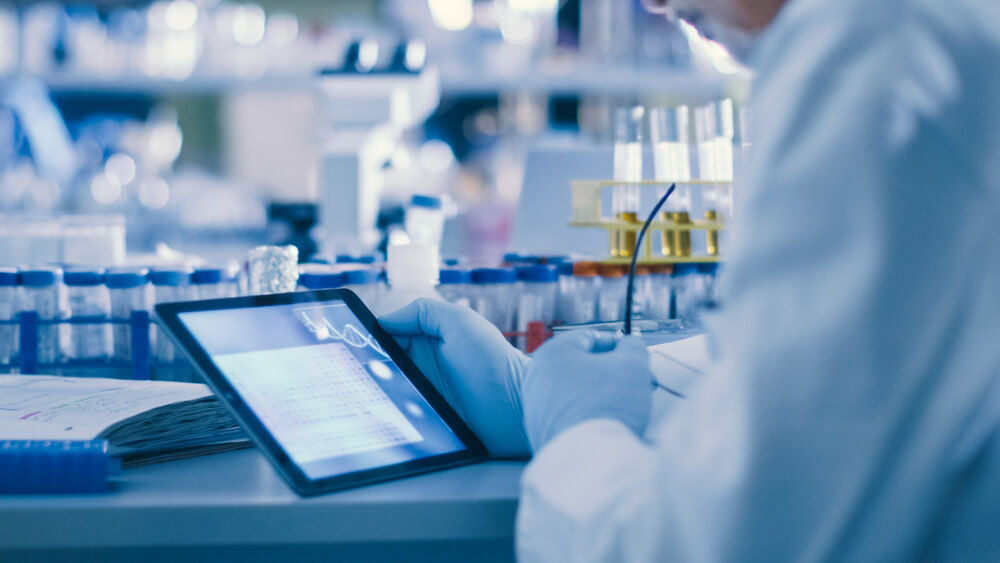I’m just old enough to remember Victory in Europe Day (May 8, 1945), formally recognizing the end of World War II in Europe. My family was in Cape Town: My father served in the Royal South African Navy, then under the command of the Royal Navy.
The jubilation was intense; nothing I’ve seen has touched it in its unrestricted joy. Strangers really did hug and kiss each other. I was hugged and kissed as though I’d personally borne the battle as a toddler.
Apart from joy and relief, the end of war in the Free World had another consequence: It liberated people from class and economic structures that had inhibited creativity.
Under the pre-war rigidities, those lower in the social system didn’t have the temerity or the opportunity to add to the innovation that created the peace prosperity that marked the 1950s.
The working class — now regarded as being part of the middle class — had been thought as destined to a lesser social standing; certainly not expected to invent, create and go into business. After the war, more things were possible.
Innovation was for everyone and it showed in everything, from the building of Levittown on New York’s Long Island and its descendants, to the civilian uses of nuclear power, the arrival of FM radio and color television, revolving credit and, oh, the miniskirt.
In the last 30 years the universal nature of innovation has come to mean advances, incredible advances, in computing and industries transformed by computing — take public transportation and scooters and ride-sharing.
The creation of wealth through innovation has been largely in the province of computing. But in the last several decades it was the innovation of bringing Greek yogurt to the United States that led to a billion-dollar fortune.
When the scourge of COVID-19 has passed, the nation will be a different place, changed dramatically from the way it was. It won’t have — to use the business school analogy — a classic V-curve recovery where things bounce back to where they’d been before.
Many weak industries will be severely contracted, including movie theaters, retailers, restaurants, and small colleges and universities. This will throw a great deal of talent out of work. Those are the people, I believe, who will create a new innovative wave in society and bring about a new prosperity, after some very hard times.
The internet provides new entrepreneurs an opportunity to draw attention to products and services that would have faced a marketing roadblock in another generation.
Big industry, too, will innovate, not the least to shore up its defenses against another national crisis.
The electric utilities, which have been on the front line of the essential services during the COVID-19 horror, will be seeking to further harden their systems against disruptions from cyberattack, physical attack or other failure, which could produce a huge crisis.
Already, Michelle Fay of the forward-looking consulting firm Guidehouse is looking to this innovative future to strengthen the electric industry. She says, “Innovation will emerge as an even bigger opportunity as we look to improve the resiliency of the critical infrastructure and further enhance our ability to provide business continuity in times like this.”
Michael Short, associate professor of nuclear science and engineering at MIT, points out an accompanying development. He says on a recent edition of my television program, “White House Chronicle,” the current crisis looks as though it’ll bring back respect for expertise.
It seems to me that this disrespect has been prevalent since the 1960s, when so many of our social troubles — environment, civil rights, women’s rights and the Vietnam War — were laid at the feet of experts and the institutions that employed them.
The crisis has shown that hearsay medicine and what I call “voodoo science” won’t help in a crunch. Solid science and good medicine are the only way.
Now I’m seeing the shoots of new businesses sprouting, from people making jewelry at home to sell on Etsy to grocery delivery services. Expect a surge of books and plays. Crisis produces new product, creates new business, causes new thinking.
My friend Morgan O’Brien, who is well-credentialed in innovation as the co-founder of Nextel and now at the helm of Anterix, a critical communications network provider, says innovation doesn’t come easy.
“The inertia that pulls all human efforts earthward, and the pain of looking past the ‘very difficult’ to spy the ‘barely possible’; these are the obstacles to bringing innovation into the world, bloody and bruised, only to be immediately beset by doubts and fears,” he says.
Innovation is coming on a grand scale, some of it as complex as O’Brien’s vision for cell phones or as simple as, my favorite, wheels on luggage. Get ready.

 Follow
Follow
Leave a Reply